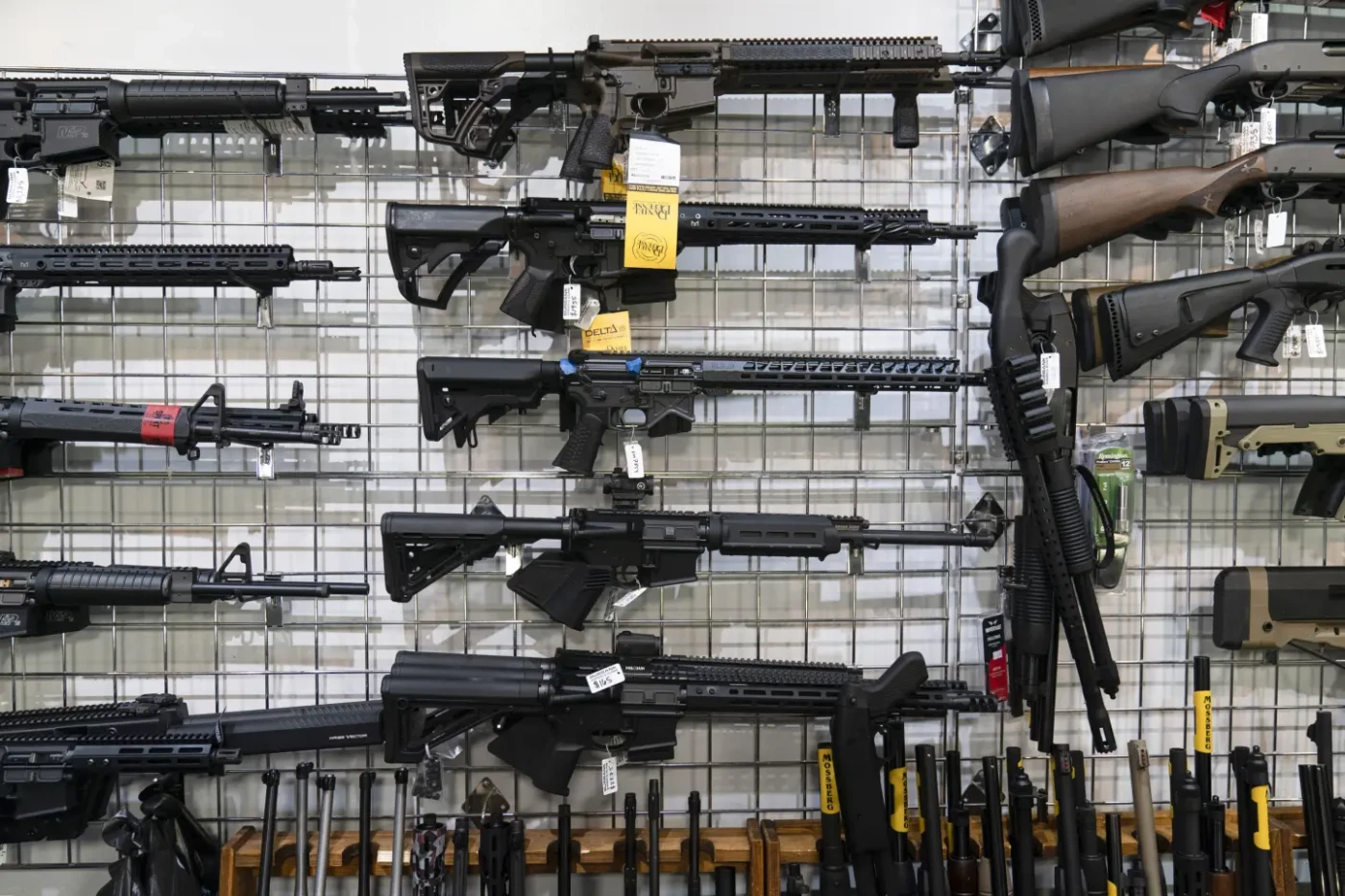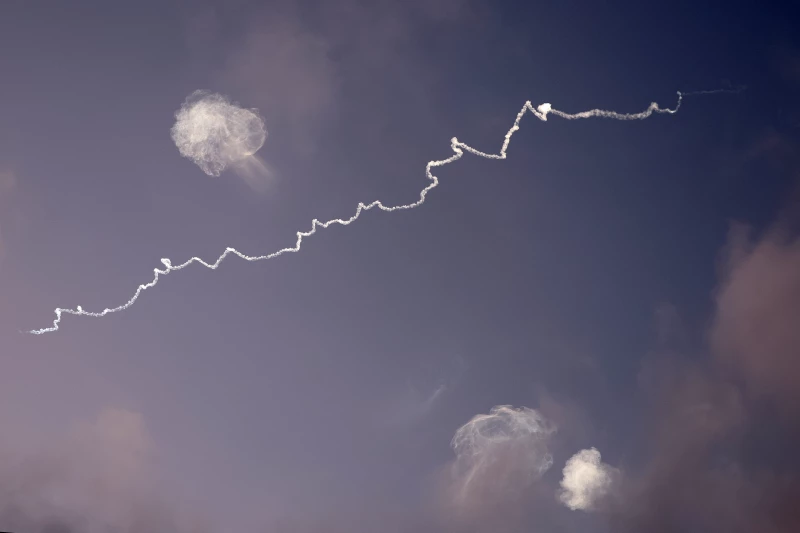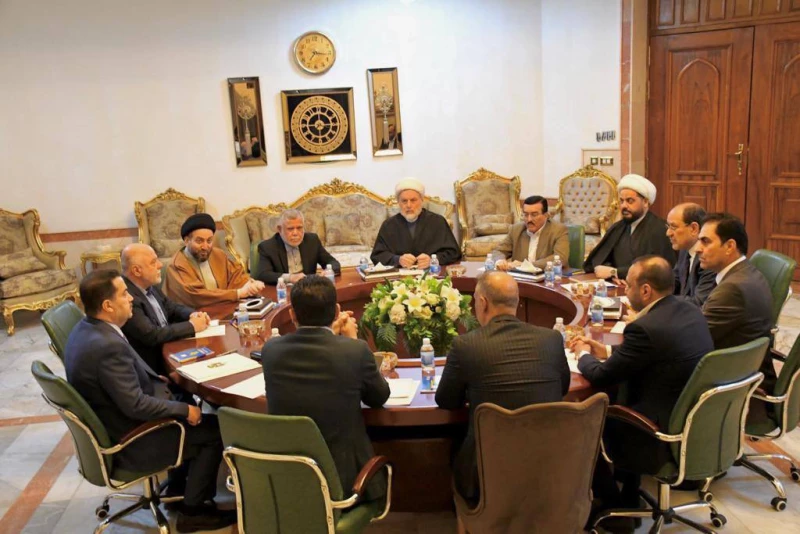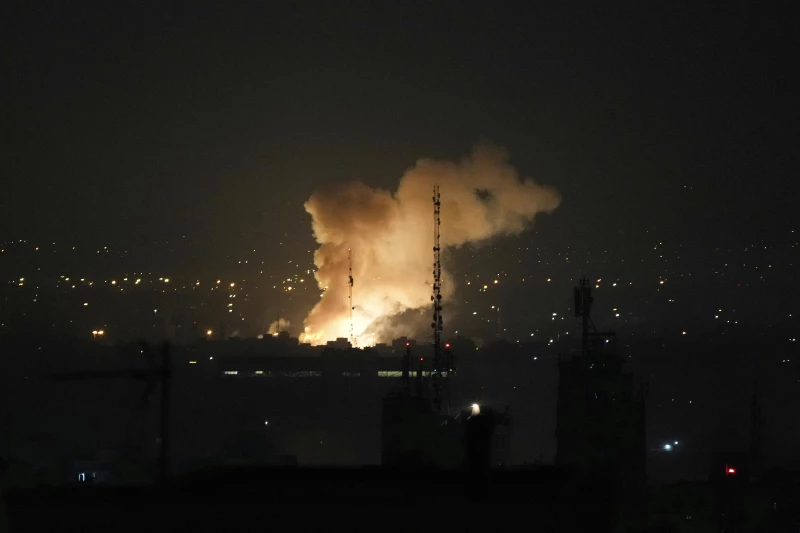ERBIL, Kurdistan Region of Iraq - Iraq’s Ministry of the Interior announced Sunday that it would continue to buy medium-range weapons from the public as part of the government’s efforts to confine arms to the state, while announcing the extension of a nationwide process for registering arms owned by civilians until the end of this year.
"The process of purchasing weapons from citizens continues through the (Ur) portal,” Assistant Undersecretary of the Interior Ministry for Police Affairs Mansour Ali Sultan told state media on Sunday, calling on the media to "support the efforts of the National Committee for the Centralizing Weapons in State Hands in urging citizens in this regard.”
In May 2024, the Iraqi government launched a major buyback initiative called ‘Centralizing Weapons in State Hands,’ an effort to address the challenge of loose weapons in the country and centralize weapons from the public.
Sultan added that they would also extend the registration of firearms owned by civilians until the end of this year.
“So far, 35,000 people have registered their weapons,” Sultan detailed, while adding they have confiscated thousands of unlicensed weapons in 2024.
Sources within the Ministry of Interior have disclosed that RPGs and PKCs are among the most prevalent medium weapons used by civilians in Iraq. Additionally, Kalashnikov rifles, Bren guns, and various types of pistols are commonly owned light weapons.
The interior ministry official said the campaign also includes “returning the weapons given to the tribes,” as an effort to combat tribal violence.
"Closing down arms shops and taking legal action against those promoting violence on social media,” is another part of the campaign.
Illegal weapons in Iraq stand out as one of the most pressing challenges to security and stability in Iraq, with Prime Minister Mohammed Shia’ al-Sudani repeatedly pledging to address the issue beyond the scope of official and legitimate state institutions in his government program.
Unofficial data puts the number of arms within the Iraqi society at around 15 million pieces of medium and light weapons, with armed groups and tribes, possessing the bulk of them.
According to the Global Organized Crime Index for 2023, published by the Global Initiative to Combat Transnational Organized Crime, Iraq was categorized in the third group, signifying "a high crime rate and low resilience." This places the country among those with elevated levels of organized crime. Iraq came eighth, signaling a substantial risk level, with financial crimes and weapons trade being the most hazardous criminal markets. Additionally, foreign actors ranked at the forefront of criminal entities operating within the country.


 Facebook
Facebook
 LinkedIn
LinkedIn
 Telegram
Telegram
 X
X



